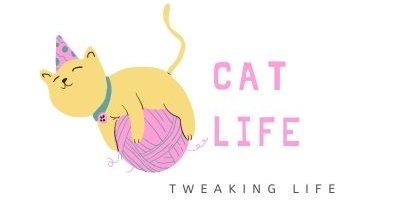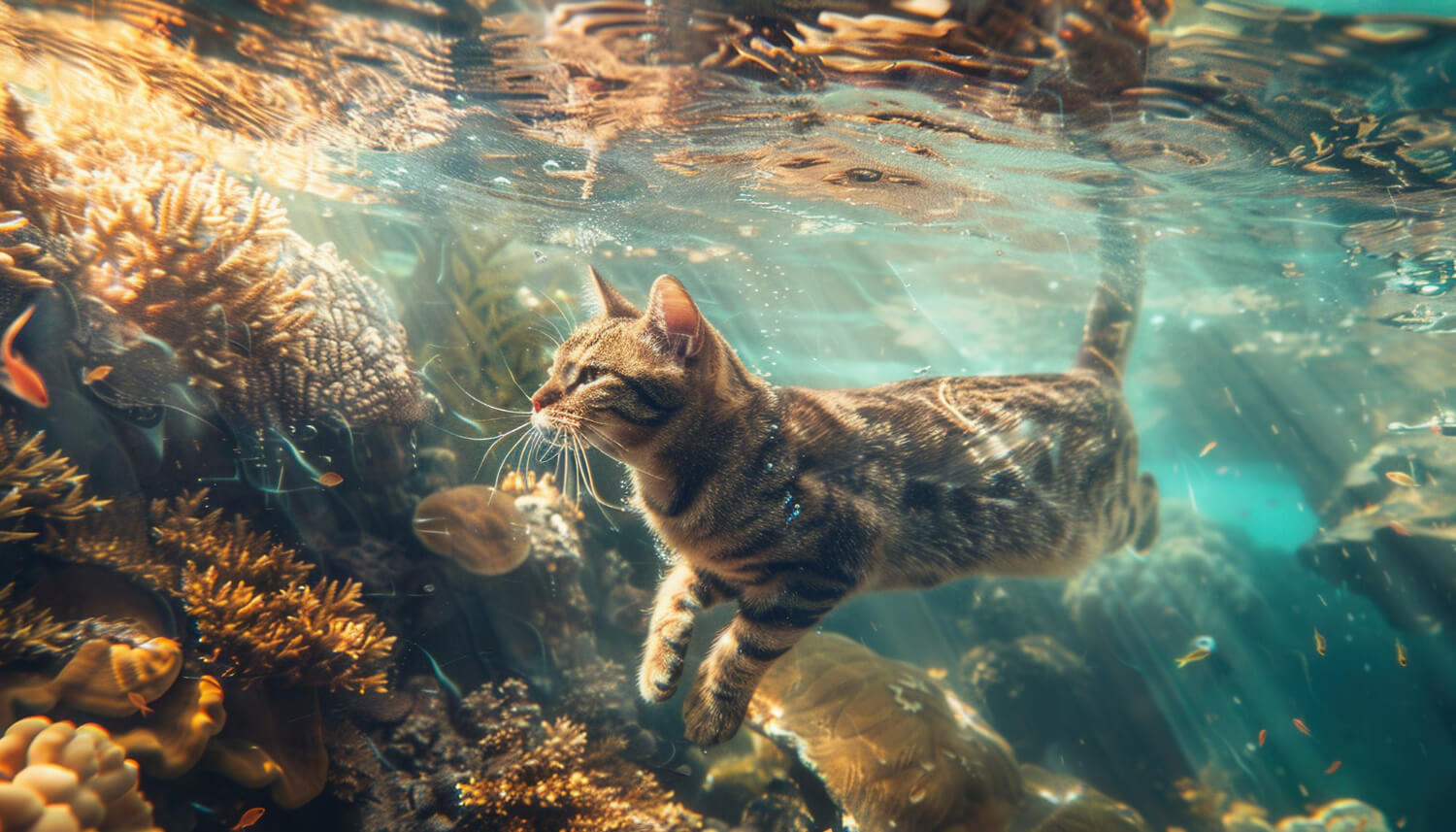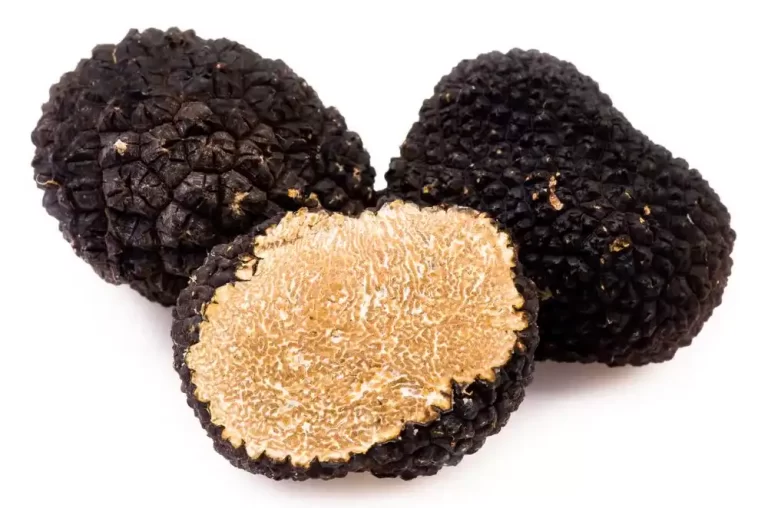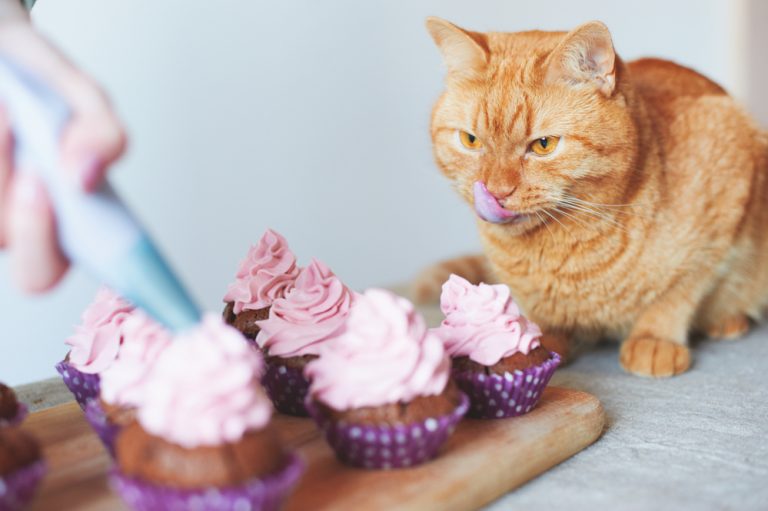Do Cats Like Sea Moss? The Benefits and Safety of Sea Moss
Sea moss, a popular plant-based supplement for humans, has gained attention in the pet community for its potential health benefits. But do cats like sea moss? And, more importantly, is it safe for them?
Let’s take a look at what sea moss is, how it affects cats, and whether your little friend might benefit from it.
Table of Contents
What is Sea Moss?
Sea moss, sometimes called Irish moss, is a type of red algae that grows along the Atlantic coasts, particularly in regions like Ireland and the Caribbean.
Known for its nutrient-dense profile, sea moss is packed with vitamins and minerals, including iodine, iron, calcium, and vitamins A, E, and K.
This moss is often consumed as a gel, powder, or supplement by those looking to boost their own immune and digestive health. But does this seaweed offer the same health benefits for our furry companions?
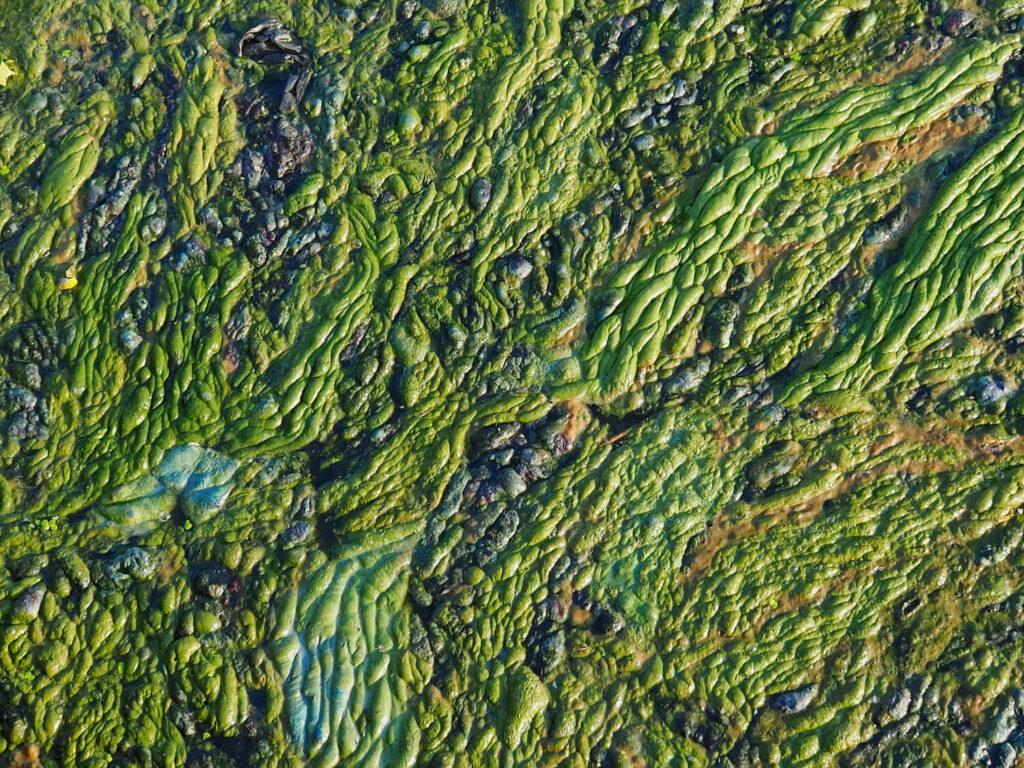
Health Benefits of Sea Moss for Cats
While cats are obligate carnivores, meaning they thrive on a diet based mostly on animal proteins, small quantities of plant-based supplements can sometimes be beneficial.
Here’s how sea moss might support your cat’s well-being:
- Thyroid Function
Sea moss is rich in iodine, a mineral that plays a crucial role in thyroid health. Proper thyroid function is essential for cats to maintain a balanced metabolism. Iodine deficiency can lead to thyroid imbalances, which, although more common in older cats, can affect cats of all ages. In small amounts, sea moss could help support thyroid health.
- Immune System Support
With vitamins A, C, E, and minerals like zinc, sea moss offers antioxidant support that can help bolster a cat’s immune system. Although cats primarily get their nutrients from meat, a small dose of sea moss could help fill any nutrient gaps and provide additional immune support.
- Digestive Health
Sea moss contains dietary fiber, which may support digestive health. Cats sometimes struggle with digestive issues, so a bit of fiber can help keep things running smoothly. Plus, sea moss gel contains prebiotic properties, which could aid in gut health by supporting beneficial bacteria.
- Vitamins and Minerals
Sea moss offers a spectrum of essential vitamins and minerals. Magnesium, potassium, and calcium are just a few examples, and each plays a role in maintaining cellular health, muscle function, and bone strength.
Is Sea Moss Safe for Cats?
If you’re thinking about offering sea moss to your cat, safety is a top priority. In small amounts, sea moss is generally considered safe for cats, but it’s essential to monitor them closely, as too much iodine could lead to thyroid imbalances.
Make sure to consult your veterinarian before adding any supplement to your cat’s diet. It’s also worth noting that while some cats show interest in new tastes and textures, others may be more selective and avoid trying it altogether.
How to Give Sea Moss to Cats
Sea moss is commonly available in gel form, which can be easily mixed into your cat’s food in very small amounts. Start with a tiny portion to see how your cat responds, as introducing any new food or supplement can take time.
Look for pet-safe sea moss products that are free from additives and preservatives to avoid any potential harm.
Do Cats Like Sea Moss Taste?
Cats are famously picky eaters, and their natural diet doesn’t include algae, so they may or may not be attracted to the taste of sea moss.
Cats generally prefer foods with strong meat flavors, so while they may not like sea moss, it’s possible to introduce it in a way that doesn’t overwhelm them. Mixing a small amount of sea moss gel with wet food may be one of the easiest ways to test their interest.
Research on Cat Reactions to Sea Moss
To get a better sense of how cats react to sea moss, I made a poll on Facebook where 300 cat owners worldwide added moss to their pet’s diet, either directly or mixed into meals.
Here’s what I found:
- 5% were instant fans. These cats lapped up the sea moss, whether served solo or blended into food, clearly enjoying its crunch.
- 15% took a nibble, showing mild interest before wandering off to other treats.
- 80% turned up their noses when sea moss was served alone, seemingly unimpressed by its texture.
When owners got creative by mixing finely ground sea moss into regular cat food, reactions changed a bit:
- 60% ate as if nothing had changed, completely unfazed by the new addition.
- 35% took their time, sometimes picking around the sea moss but eventually finishing their meals.
- 5% scarfed down their bowls, finding the sea moss an exciting flavor boost.
Interestingly, adventurous and easygoing cats were more likely to give sea moss a try, while pickier eaters often hesitated. No negative health effects were reported in any of the surveyed cats, but more research is needed to confirm its safety long-term.
For now, it’s best to start slow and see how your kitty responds.
Conclusion
So, do cats like sea moss? Some might, while others will be indifferent or a bit skeptical. But beyond taste, the real question is whether sea moss offers any health benefits for them.
Sea moss could be a good addition to your cat’s diet thanks to its vitamins, minerals, and support for thyroid and digestion—just be sure to introduce it carefully with your vet’s advice.
